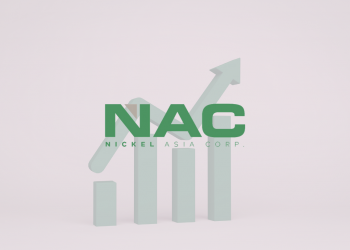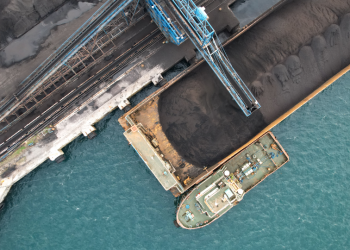In an attempt to alleviate the damage caused by extractive mining and fossil fuel production to the environment, the government has restricted investors’ access to sustainable financing schemes.
Based on a report from The Philippine Star, the government has listed ways to raise funds through green, social, sustainable bonds, loans, and similar debt instruments.
These should be in compliance with the International Capital Market Association’s green bond principles, and sustainability bond guidelines, including the ASEAN Green Bond Standards and the Loan Market Association’s Green Loan Principles. Proceeds of these financing instruments will be used to fund various social projects.
The framework requires the government to use the funds for projects that promote environmental protection and social intervention – including essential goods, basic infrastructure, and food security.
Proceeds from sustainable finance must also be directed to efforts in relation to clean transportation, climate change, and environmental assets. It should also be allocated to the development of renewable energy development, operation, and distribution.
The government is looking to offer its first green bonds this year by widening its financing options for developing infrastructures that could help achieve the national goal of reducing greenhouse gas emissions by 75% in 2030.
It can also be used for COVID-related expenditures, including the manufacturing of essential supplies and medical products.
Under the framework, sustainable finance proceeds should never be spent on fossil fuel production and extractive mining.
Funding alcohol and tobacco-related projects, lethal weapons and military equipment, gambling activities, conflict minerals, and logging businesses are also prohibited under the framework.














